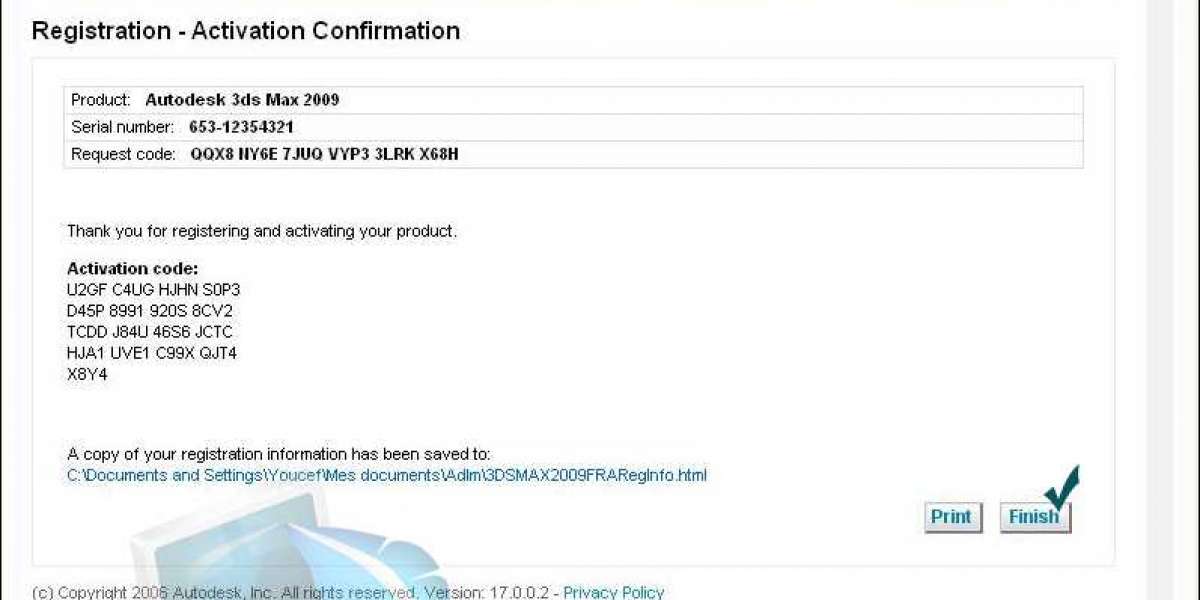On the other hand, LiFePO4 batteries utilize lithium iron phosphate as the cathode material, offering improved safety and stability compared to standard lithium-ion batteries.
Optimal Charging Practices
One of the most critical factors in maximizing lithium battery life is implementing proper charging practices. Overcharging or undercharging can degrade battery performance over time. To prolong battery lifespan, it's recommended to avoid fully charging or discharging your battery whenever possible. Instead, aim to keep your battery's state of charge between 20% and 80% for optimal longevity. Additionally, using a high-quality charger designed for lithium batteries, such as those offered by Dakota Lithium, can help ensure safe and efficient charging.
Avoid Extreme Temperatures
Lithium batteries are sensitive to temperature extremes, so it's essential to avoid exposing them to excessively high or low temperatures. Extreme heat can accelerate battery degradation and reduce lifespan, while extreme cold can impair battery performance and capacity. Whenever possible, store and operate lithium batteries in a moderate temperature range to maintain optimal performance. If using lithium batteries in cold conditions, consider insulating them to help retain heat and preserve battery capacity.
Proper Storage Techniques
When not in use, proper storage techniques can help preserve the health and longevity of lithium batteries. Ideally, lithium batteries should be stored in a cool, dry place away from direct sunlight and moisture. Before long-term storage, it's advisable to partially charge the battery to around 50% of its capacity. This helps prevent the battery from becoming fully discharged, which can lead to irreversible damage. Additionally, periodically check stored batteries and recharge them as needed to prevent self-discharge and maintain optimal performance.
Avoid Overdischarge
Overdischarging lithium batteries can be particularly harmful and can lead to irreversible capacity loss and reduced lifespan. To prevent overdischarge, many lithium batteries include built-in protection circuits that automatically shut off the battery when its voltage drops below a certain threshold. However, it's still essential to monitor battery voltage during use and avoid draining the battery beyond its recommended limits. Using a battery management system (BMS) or voltage monitor can help prevent overdischarge and prolong battery life.
Choose Quality Products
When selecting lithium batteries for your devices or applications, it's crucial to choose high-quality products from reputable manufacturers like Dakota Lithium. While cheaper alternatives may seem tempting, they often sacrifice quality and safety to cut costs. Investing in premium lithium batteries not only ensures better performance and longevity but also reduces the risk of safety issues such as overheating or fires.Dakota lithium batteries, known for their durability, reliability, and performance, are designed to withstand the rigors of outdoor use and provide years of trouble-free operation.
Conclusion
In conclusion, maximizing the lifespan and performance of lithium batteries requires attention to proper charging practices, temperature management, storage techniques, and product quality. By following these tips and best practices, you can ensure that your lithium batteries deliver long-lasting power when you need it most. Whether you're powering your outdoor adventures with Dakota Lithium batteries or relying on lithium batteries for everyday devices, taking care to preserve their health and longevity will pay off in the long run. With a little care and attention, you can juice up your lithium batteries for years of reliable performance.







